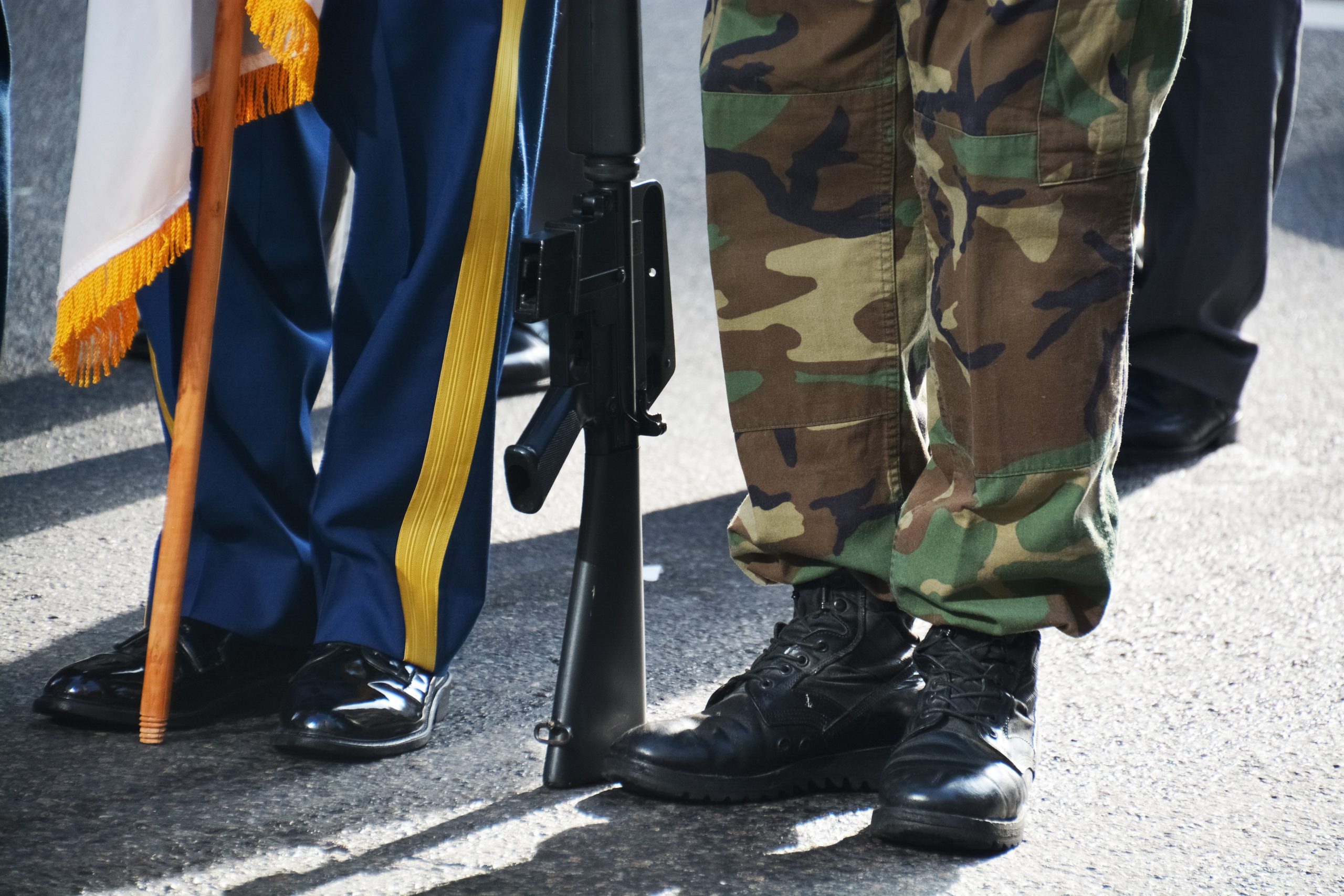Do you know what Gulf War syndrome is? This term is used to describe a range of symptoms that have been reported by veterans of the 1991 Gulf War. These symptoms include fatigue, joint pain, memory problems, and more.
There is still much that we don’t know about this condition, but researchers are working hard to find out more. In this blog post, we will discuss what we currently know about Gulf War syndrome. We will also explore some of the theories about what may cause this condition.
If you are one of the Gulf War-era veterans, or if you know someone who is, then this blog post is for you. Keep reading to learn more about Gulf War syndrome.

What Was The Persian Gulf War?
For Veterans Affairs purposes, the Persian Gulf War describes service on the southwest Asian battlefield starting August 2, 1990. A broader view of the Gulf War is that service members who served during the Southwest Asia theater of military operations before September 2001 can apply for Veterans Affairs benefits under the Gulf War presumption.
Veterans Affairs considers service to the following countries as Gulf War service:
- Bahrain
- Iraq
- Kuwait
- Oman
- Qatar
- Saudi Arabia
- United Arab Emirates (U.A.E.)
- Yemen
What Are Gulf War Illnesses?
Gulf War illnesses are viewed as varied complaints. Gulf War illness is a multi-symptom, chronic condition that has affected many Persian Gulf War-era veterans. The most common symptoms include fatigue, joint pain, headaches, and memory problems.
They are part of medically unexplained chronic multisymptom illnesses.
Causes Of Gulf War Syndrome
Gulf War Illness (GWI) is a chronic multisymptom illness that affects veterans of the 1990-1991 Gulf War. There is no one cause of Gulf War illness. Instead, it is likely that there are multiple factors that can contribute to the development of these chronic or recurrent symptoms.
Some of the possible causes that have been investigated include:
1. Exposure To Chemical Warfare Agents
Although the exact cause of GWI is unknown, many experts believe that exposure to chemical warfare agents is a major contributing factor.
During the Gulf War, Saddam Hussein’s Iraqi forces used a variety of chemical weapons, including mustard gas and nerve agents such as sarin and tabun. Although most Gulf War veterans were equipped with protective gear, many were still exposed to low levels of these agents.
Studies have shown that even low-level exposure to chemical warfare agents can cause long-term health problems, including chronic fatigue syndrome, joint pain, headaches, gastrointestinal issues, and respiratory problems.
2. Infection With Certain Viruses Or Bacteria
There are a number of different viruses and bacteria that have been linked to Gulf War illnesses. One of the most well-known is the bacterium Mycoplasma fermentans.
This bacterium is thought to be responsible for a range of symptoms, including fatigue, muscle pain, and joint pain. In addition, it has also been linked to neurological problems and respiratory disorders.
Another bacterium that has been linked to Gulf War illnesses is Brucella melitensis. This bacterium can cause fever, muscle pain, and fatigue. It has also been linked to gastrointestinal problems and respiratory disorders.
Finally, the virus known as “Q fever” has also been linked to Gulf War illnesses. This virus can cause fever, headache, muscle pain, and fatigue. It has also been linked to gastrointestinal problems.
3. Exposure To Environmental Toxins
Veterans of the Gulf War were exposed to a wide range of environmental toxins, including pesticides, jet fuel, and burn pits. These chemicals have been linked to a variety of health problems, including respiratory illnesses, neurological damage, and cancer.
In many cases, the symptoms of these illnesses do not appear until years after exposure. As a result, Gulf War veterans may not realize that their health problems are related to their service in the Gulf War. Moreover, because these illnesses can be difficult to diagnose, many veterans do not receive the treatment they need.
The Veterans Affairs has acknowledged that, as a Gulf War veteran, exposure to environmental toxins is a major contributing factor to Gulf War illnesses. And it is working to improve its diagnosis and treatment of these conditions.
4. Vaccinations
There is no one-size-fits-all answer to the question of whether or not vaccinations cause Gulf War illnesses, as the evidence is inconclusive. However, there are a few key points to consider.
First, many soldiers who were vaccinated against anthrax and other diseases did not develop Gulf War illnesses. Second, some soldiers who were not vaccinated also did not develop the illness. Third, there is anecdotal evidence that suggests that vaccinations may have contributed to the development of Gulf War Illness in some individuals.

5. Stress
While the exact causes of chronic multisymptom illness are still unknown, many researchers believe that stress may be a significant contributing factor. During the Gulf War, soldiers were subjected to a wide range of stressful situations, including combat, sleep deprivation, and exposure to hazardous materials.
This constant stress took a toll on their bodies, weakening their immune systems and making them more susceptible to illness. In addition, stress can also interfere with the body’s ability to repair itself, increasing the likelihood of long-term health problems.
There is still much that we don’t know about the causes of Gulf War veterans’ illnesses. However, researchers are continuing to work to identify potential causes of this condition.
Gulf War Syndrome Symptoms
The symptoms of Gulf War syndrome can vary from person to person. Some people may experience just a few of the symptoms, while others may experience many. The most common symptoms include:
- Fatigue
- Joint pain
- Headaches
- Memory problems
- Sleep problems
- Mood
Treatments For Gulf War Syndrome
There is no one known cure for Gulf War illness, however, there are treatments that help lessen symptoms and manage the condition.
Many Gulf War veterans find that a comprehensive approach involving multiple therapies is most effective. Some commonly used therapies include:
1. Exercise
Physical activity can help to improve overall fitness, reduce stress levels, and improve sleep quality. aerobic exercise is especially beneficial as it helps to increase blood flow and oxygenation of tissues.
2. Counseling and Therapy
Talking with a therapist can help to identify ineffective coping mechanisms and develop new skills for managing stressors. Cognitive-behavioral therapy (CBT) has been shown to be particularly helpful in treating Gulf War veterans’ illnesses.
3. Medications
A variety of medications can be used to manage specific symptoms of Gulf War illness, such as pain, fatigue, anxiety, and depression. Medications should be used in conjunction with other therapies for best results.

Final Words
Gulf War syndrome is a condition that is not well understood. There is still much unknown about the causes, symptoms, and treatment of this condition. However, researchers are working hard to learn more. If you are a veteran of the 1991 Gulf War, or if you know someone who is, then this blog post is for you.
If you are experiencing any of the symptoms listed above, then it is important to seek help from a qualified healthcare provider. There are treatments available that can help to lessen your symptoms and improve your quality of life. Do not suffer in silence; reach out for help today.
